
Discover the average professional organizer cost, what influences pricing, and how to budget for your next home organization project.
You won’t want to hide these unique hideaways


After trying to squeeze your garden tools, exercise bike, and totes of holiday decor into a spare closet, you’ve finally decided to invest in a backyard storage shed. Regardless of what you plan to put inside, the truth is, this type of structure is going to be something you have to look at every day. Shouldn’t you like how it looks in your yard? There are plenty of ways to make a storage shed an attractive part of your property—just take inspiration from these eight storage shed ideas.
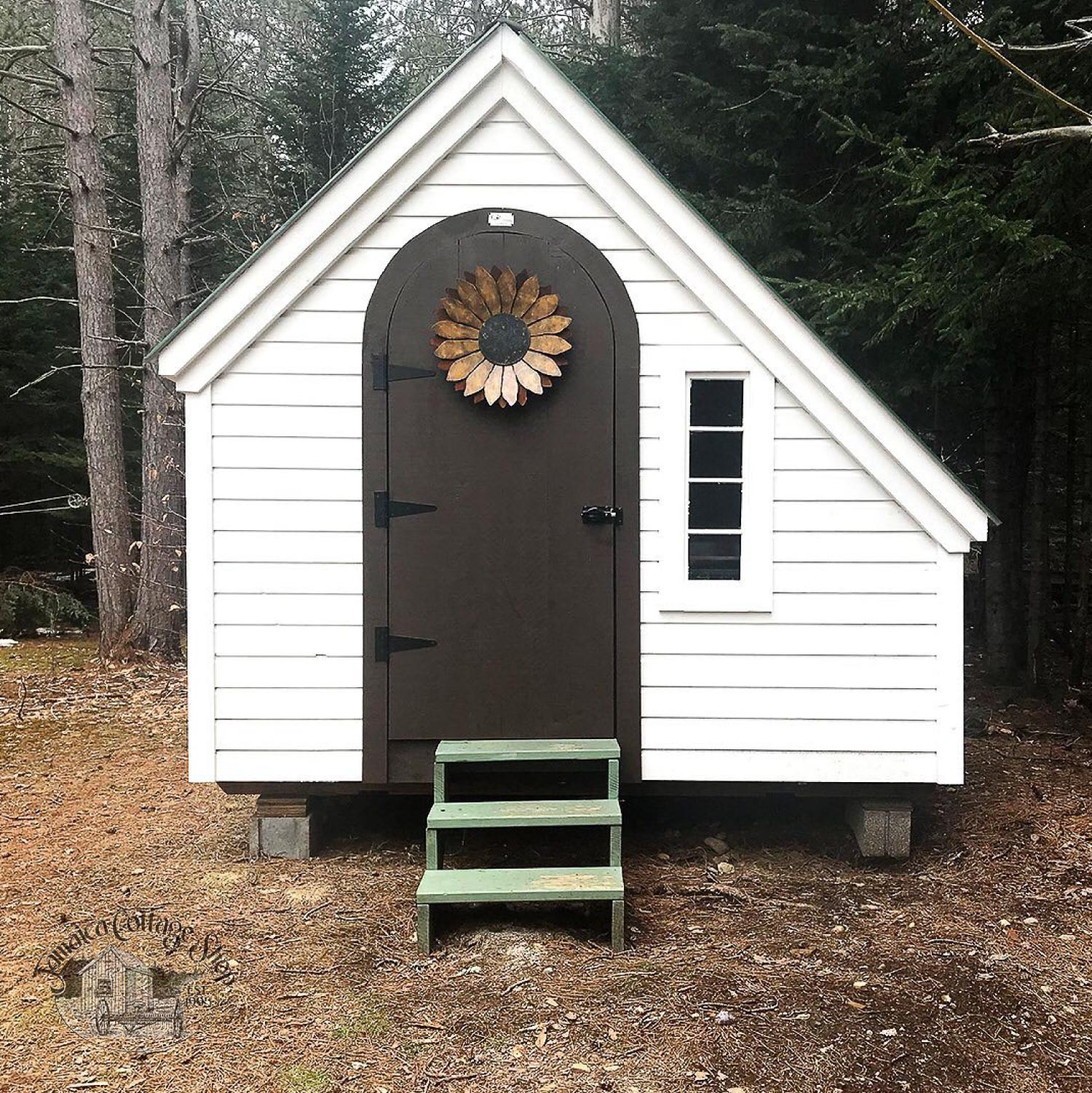
A storage shed doesn’t have to be an eyesore, regardless of what you stow away inside. Take inspiration from this cottage-inspired shed from Jamaica Cottage Shop, which features an adorable, arched door. A simplistic approach using black paint for the door and white wood siding adds visual contrast that draws the eyes to the unique door. Even if you just keep some rakes and bags of fertilizer inside, this shed is a charming addition to any backyard.
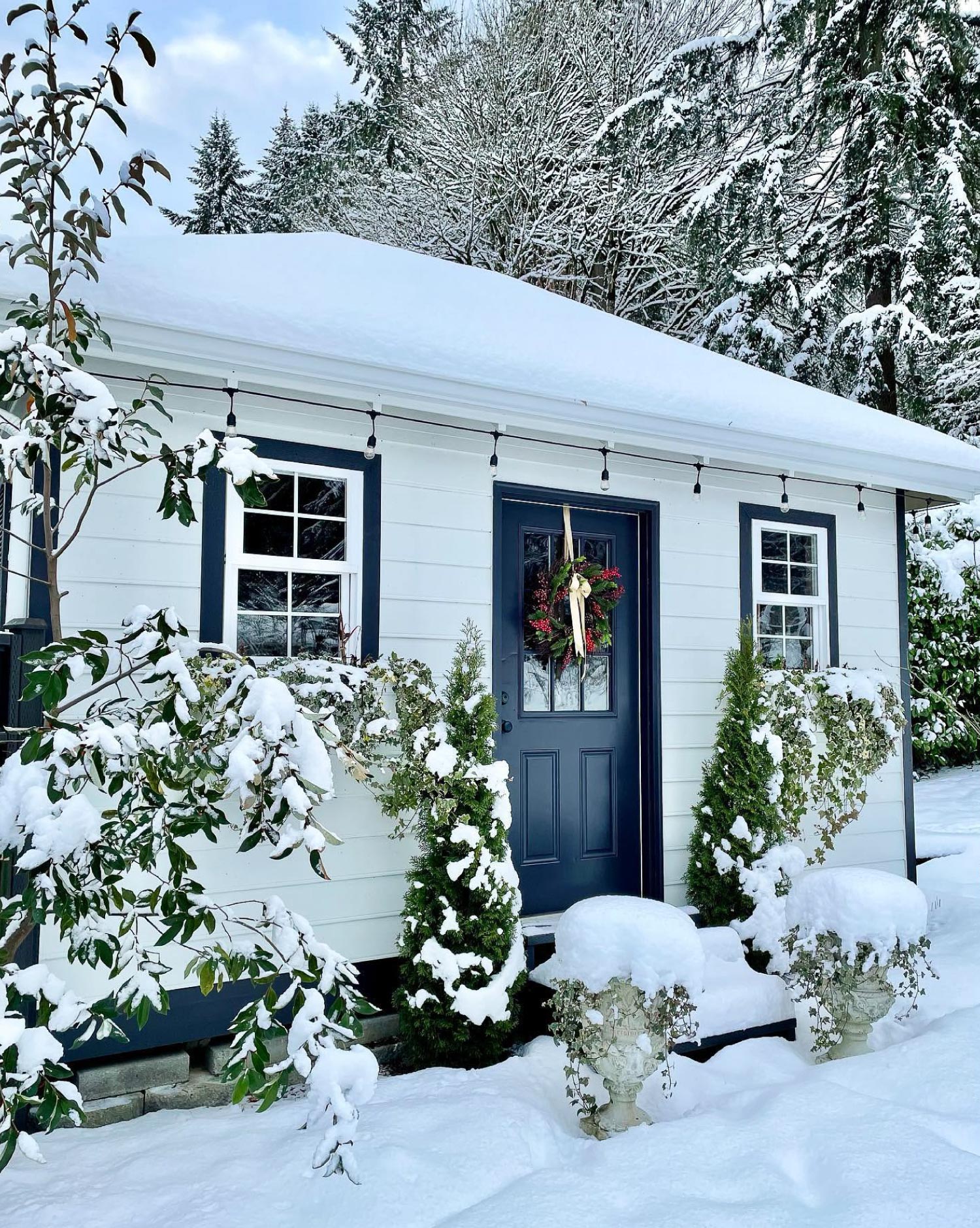
Is this a shed or a home? The attention to detail on the exterior of this shed from Yulia Yarosh makes it look like a small home. There are windows, perfect for adding light to a shed used as a studio or office space, that are complete with greenery-filled window boxes. String lights add a cozy vibe, and the dark trim makes the white home stand out, even when surrounded by snow.

Designed by Seattle-based Best Practice Architecture, this simple shed has had a major makeover to become a striking multipurpose space for a family. Most sheds have minimal, if any, windows, but this structure boasts tall windows. The exterior is matte black, which helps it stand out in the yard without detracting from all the greenery behind it. Inside, the space serves as not just storage but also an office and exercise room.
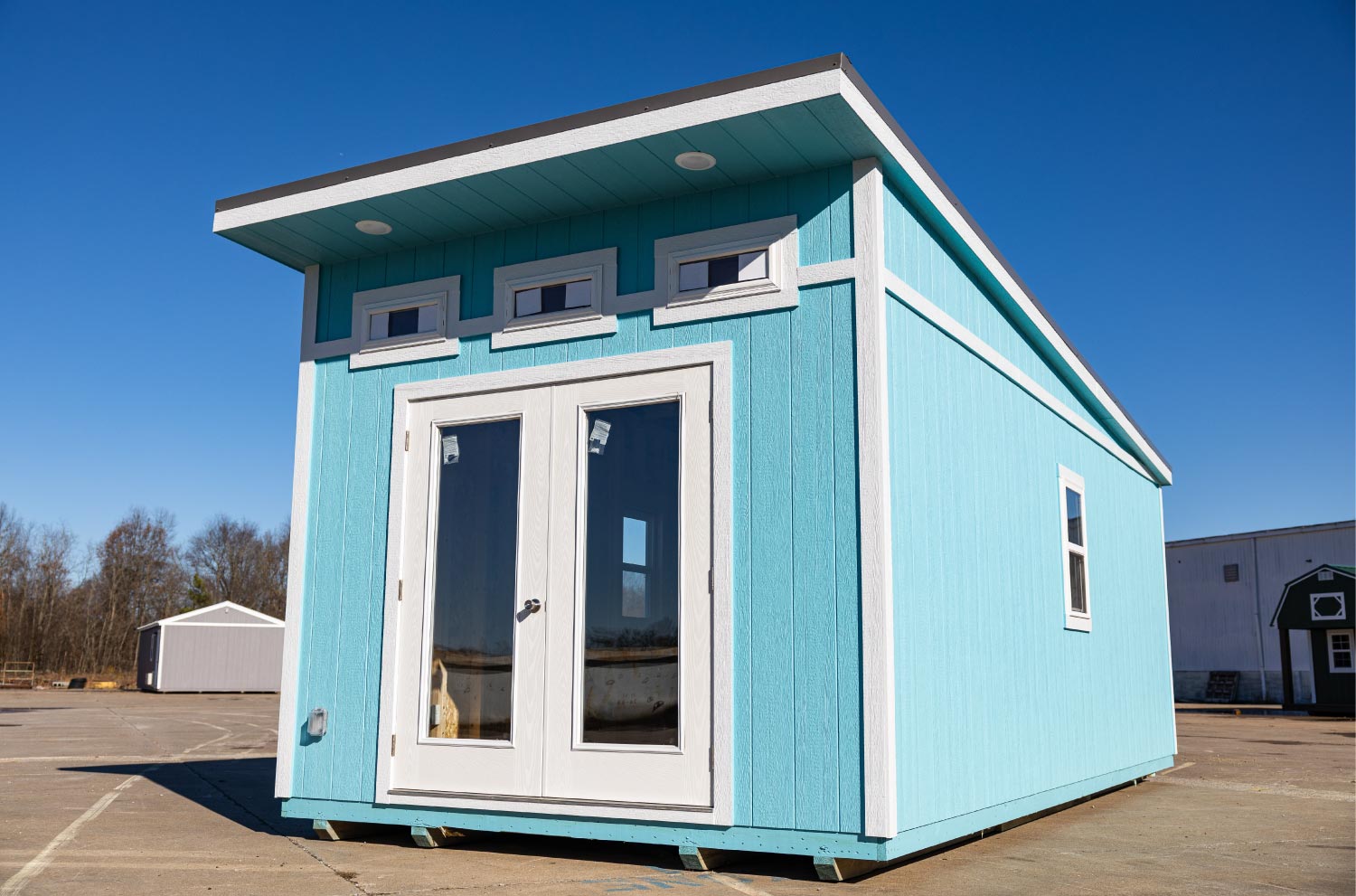
If a black-and-white shed isn’t quite your style, why not go bold? A storage shed doesn’t have to just be functional—it can be an attractive addition to your property, as evidenced by this bright blue storage shed designed by EZ Portable Buildings. This color adds a tropical feel to the shed, but feel free to make your shed any color your heart desires. Just keep in mind you’ll probably see it every day, so choose colors you truly love.
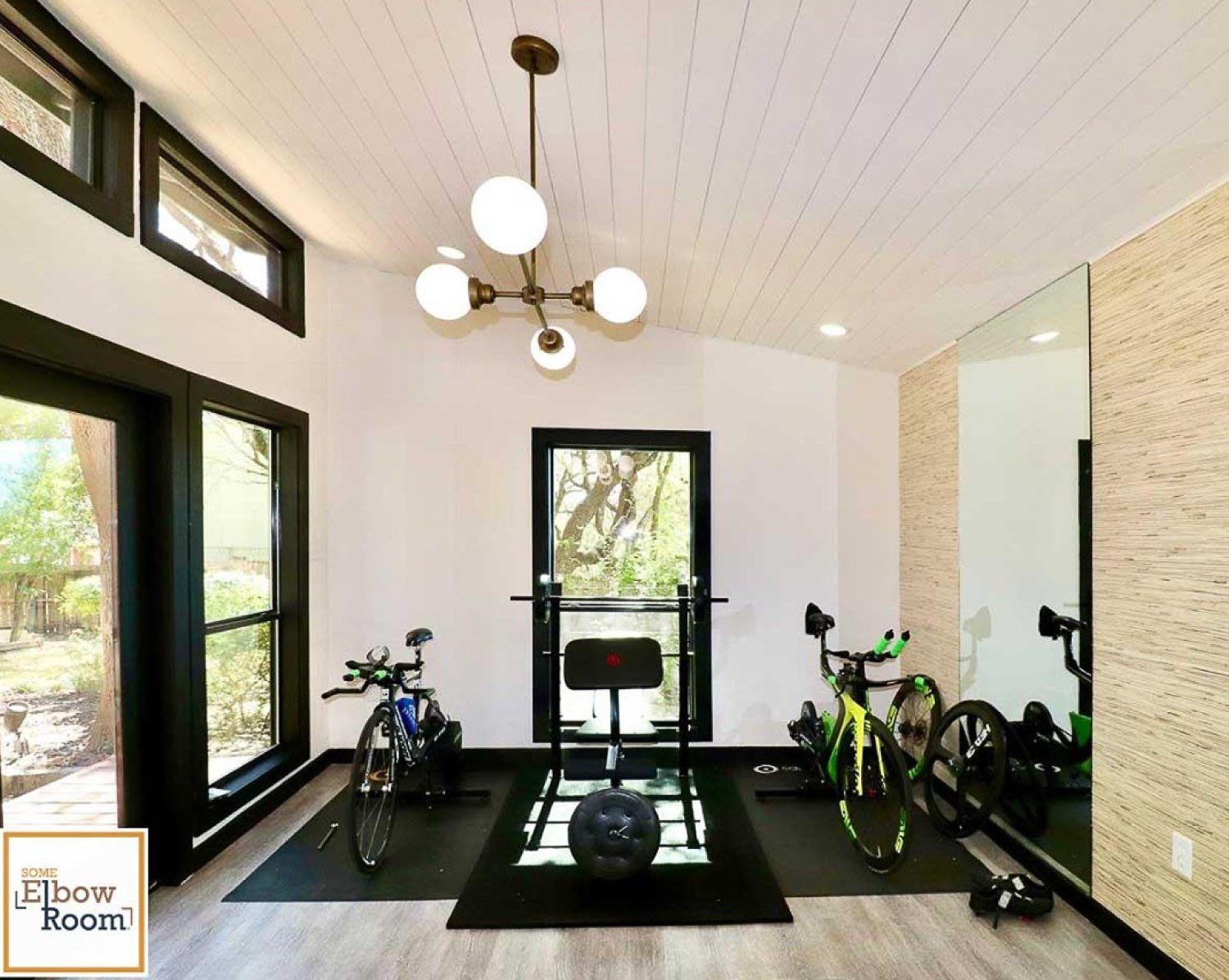
For the most inspired DIYers, you could skip buying a shed and opt to build a shed from scratch. That’s the case for this motivational home gym from Some Elbow Room, which is built inside a small, handmade shed. Large windows across from a floor-to-ceiling mirror bring in plenty of light. Design elements, like a modern light fixture and an accent wall, make the simple shed feel like a boutique gym. Even if you don’t build a shed from scratch, take inspiration of this chic interior design to upgrade a prefabricated shed.
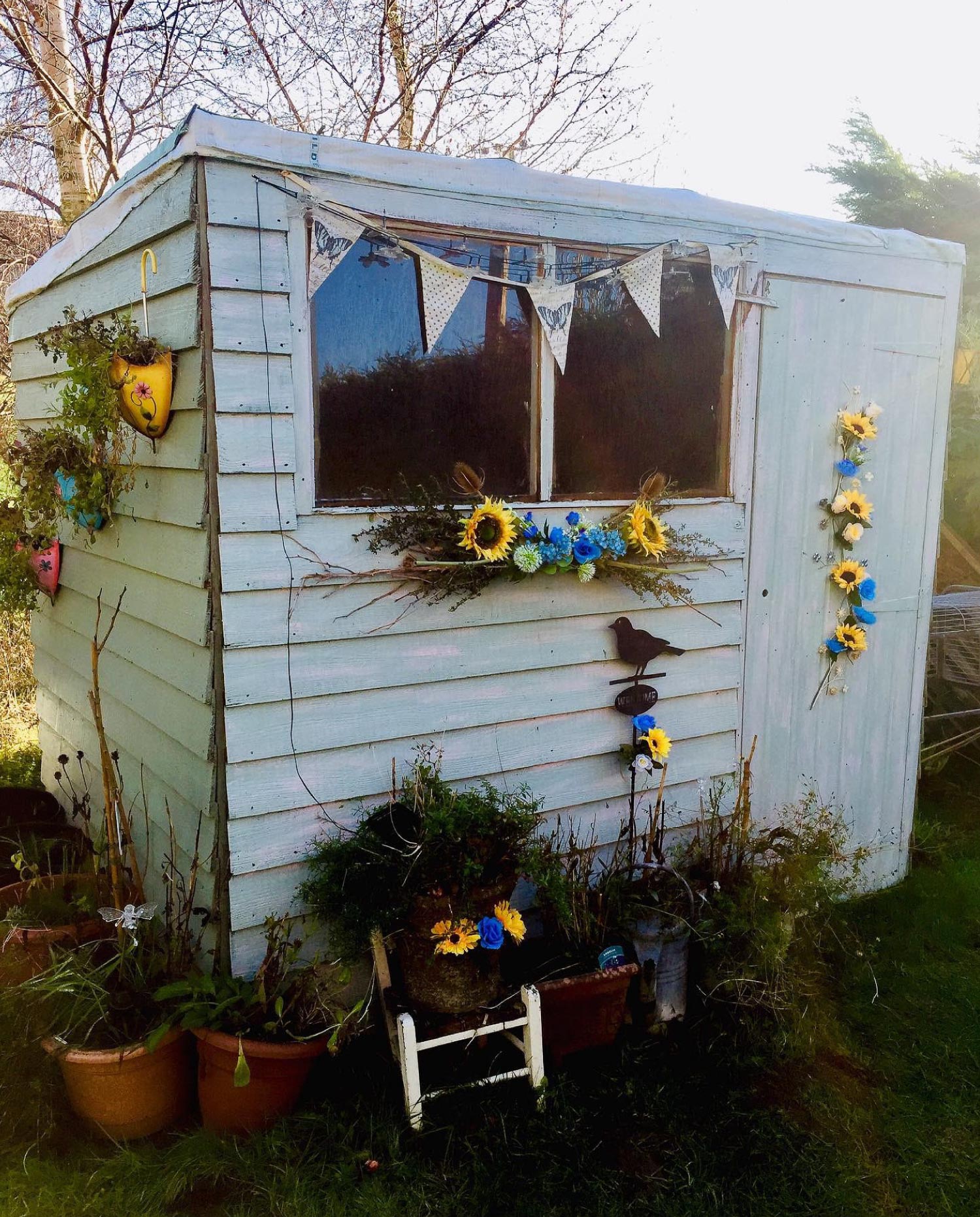
Sheds have a shelf life of up to 25 years, but after that, many of them are sent to landfills. But DIYer and passionate upcycler Kerry of Kerry Loves Gardening was able to rescue such a shed and turn it into a rustic creative space, where Kerry dries cuttings for workshops.
"This shed was destined for landfill," Kerry told Angi. "It had been refused by loads of people as a freebie due to a rotting base and leaking roof. I have completely changed it inside and out and designed my own roofline, which hasn’t leaked at all."
Even the exterior is adorned with upcycled items, such as floral decorations and paint from a recycling shop.
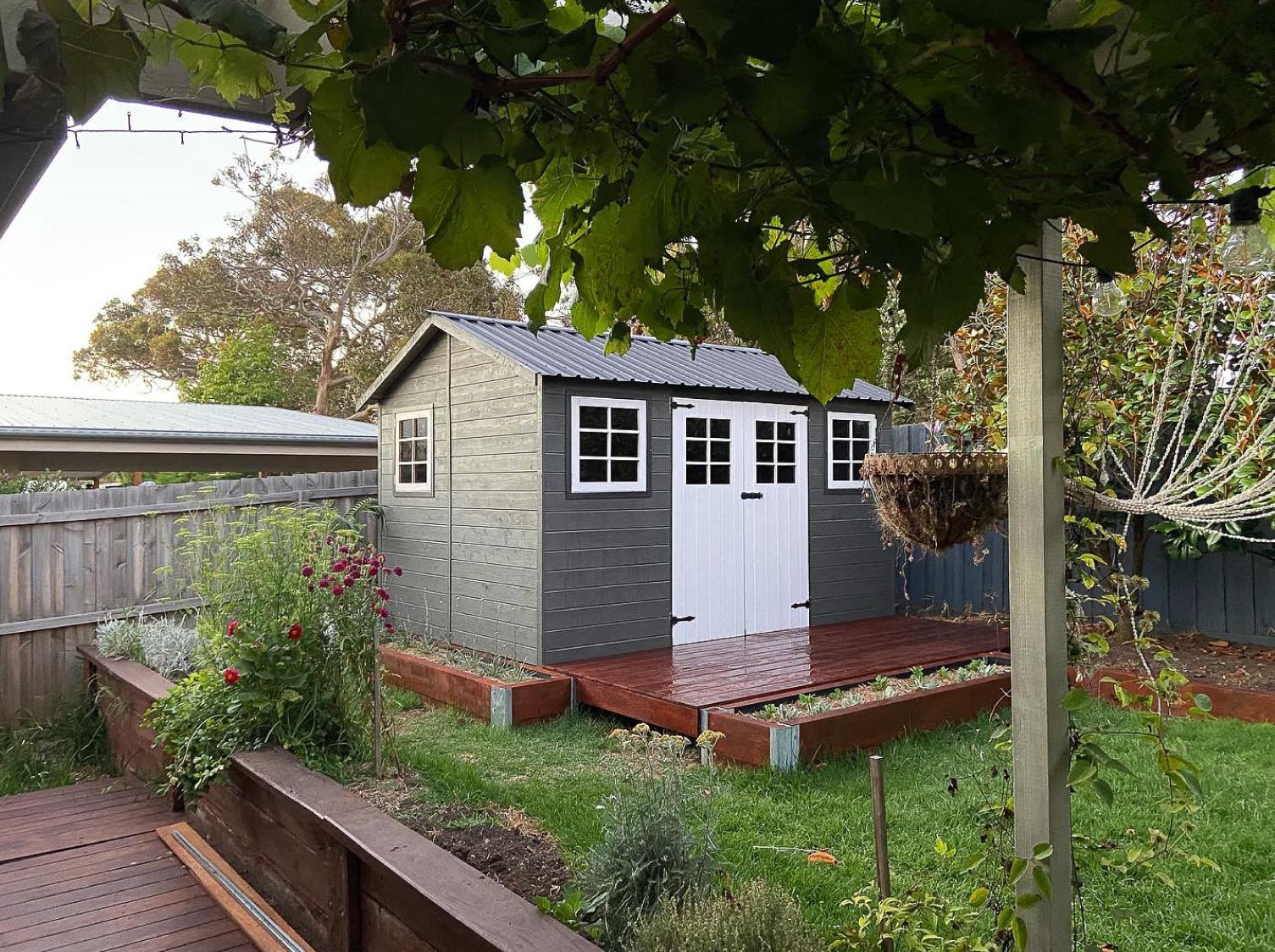
Another way to elevate a basic shed is to surround it with a deck. The cost to build a small deck like this is about $30 to $60 per square foot, and this added hard surface can make it easier to drag items in or out of the shed. This project from Flowerdore features narrow garden beds along the side of the shed and against the deck. The deck then becomes a perfect spot to sit while planting or weeding.
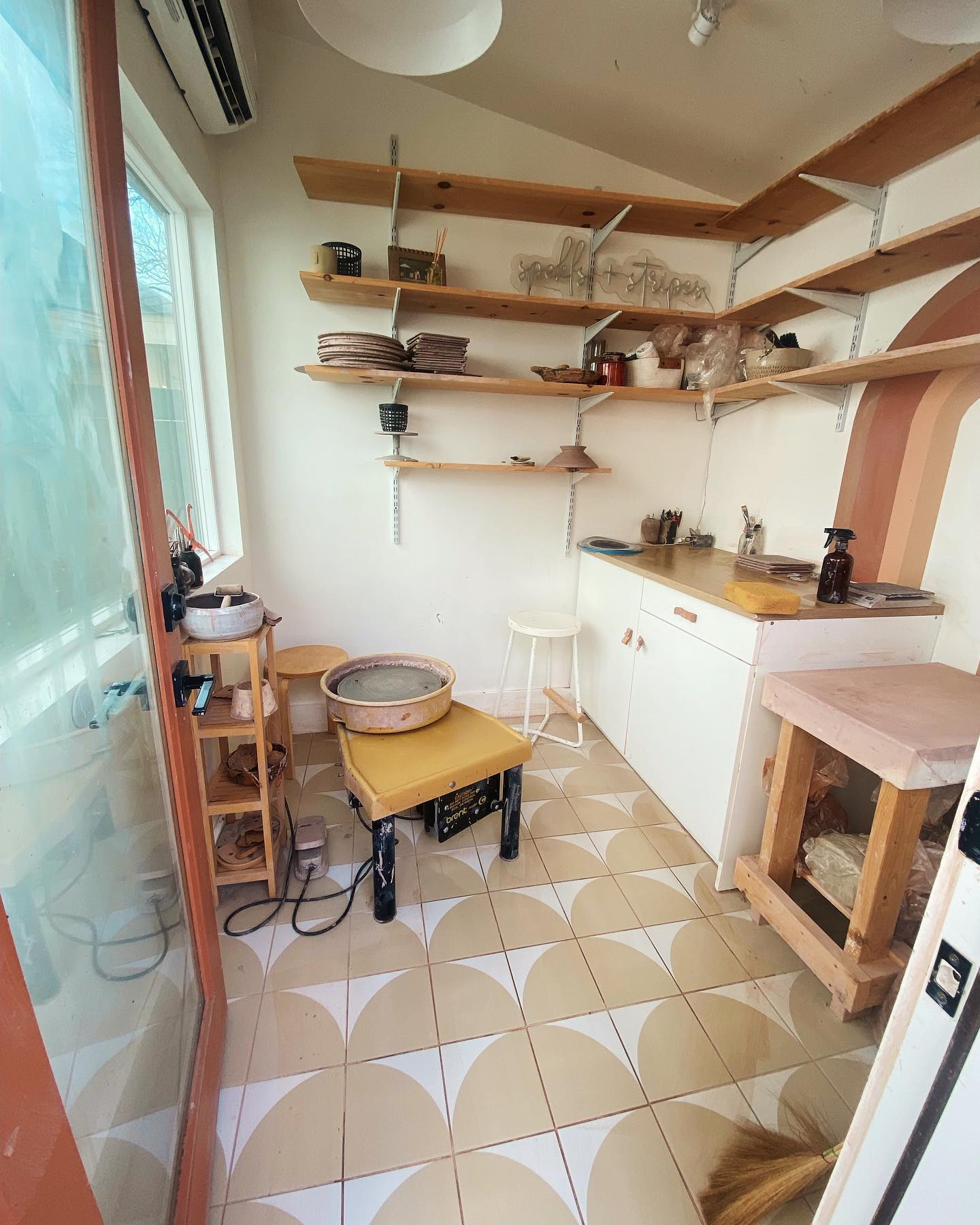
Whether you build a shed or opt for a prefabricated version, this type of structure is a blank canvas that you can customize to suit your needs. While many sheds hold garden tools, you could also install some cabinets, shelves, counters, and a potting wheel to make your own artsy oasis. Here, sculptor Mimi has turned a shed into a pottery studio. Open shelves store recent projects and supplies. A simple wall mural and patterned flooring lend an imaginative and inspiring aesthetic.
From average costs to expert advice, get all the answers you need to get your job done.

Discover the average professional organizer cost, what influences pricing, and how to budget for your next home organization project.
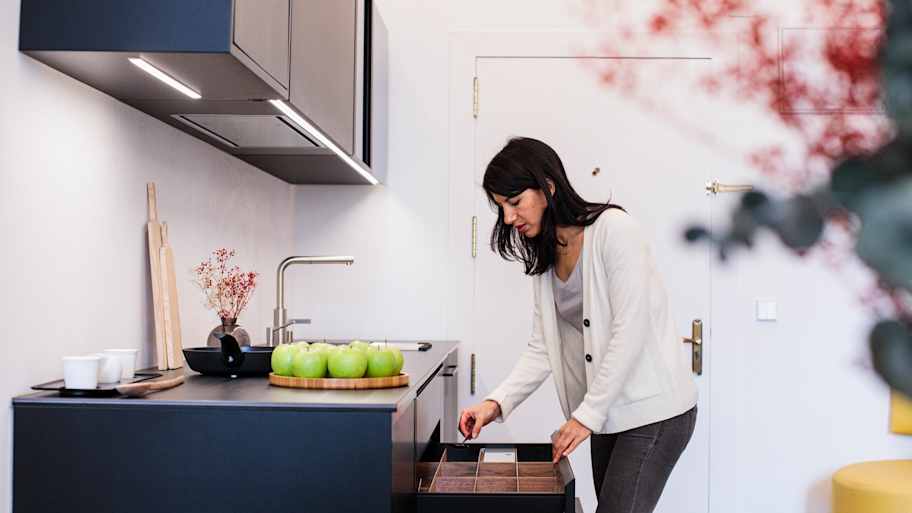
These kitchen drawer organization tips will reduce time spent rifling through the kitchen looking for what you need. Learn how to organize your kitchen.

If your home is a bit messy, that’s perfectly normal. Trusting a professional home organizer to revamp your space can be worth the cost. Here’s how to find and hire a professional organizer.

Discover small closet organization tips to maximize space, reduce clutter, and create a stylish, functional storage area that suits your needs.
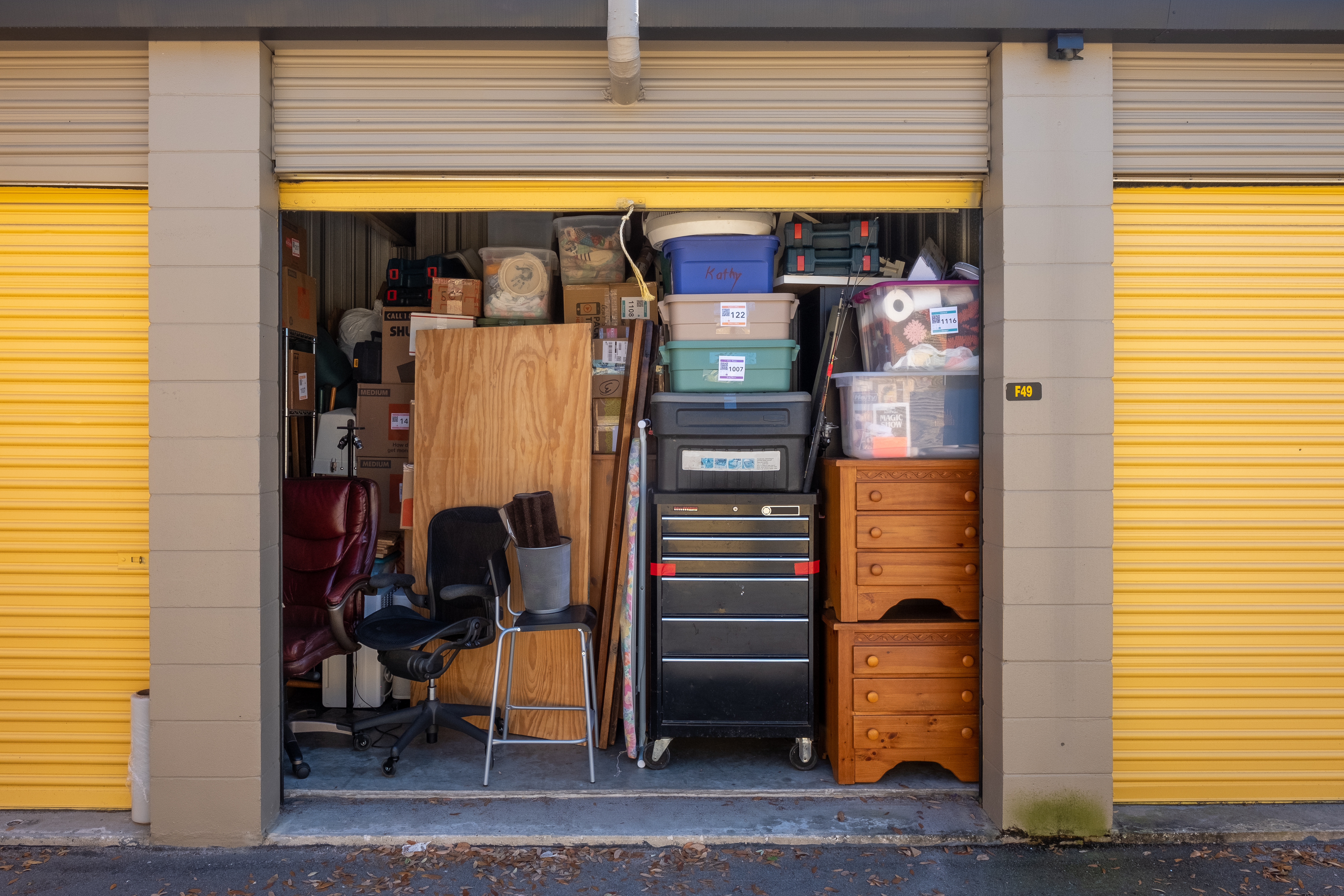
Maximize space and save money with these expert storage unit tips. Smart packing strategies and organization hacks included.
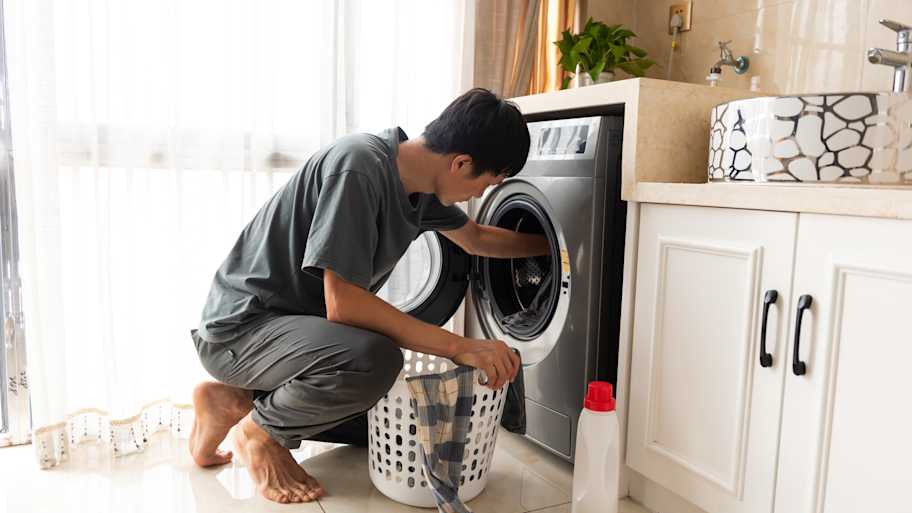
Maximize space and reduce clutter with these smart laundry room organization tips that boost function and even your home’s resale appeal.